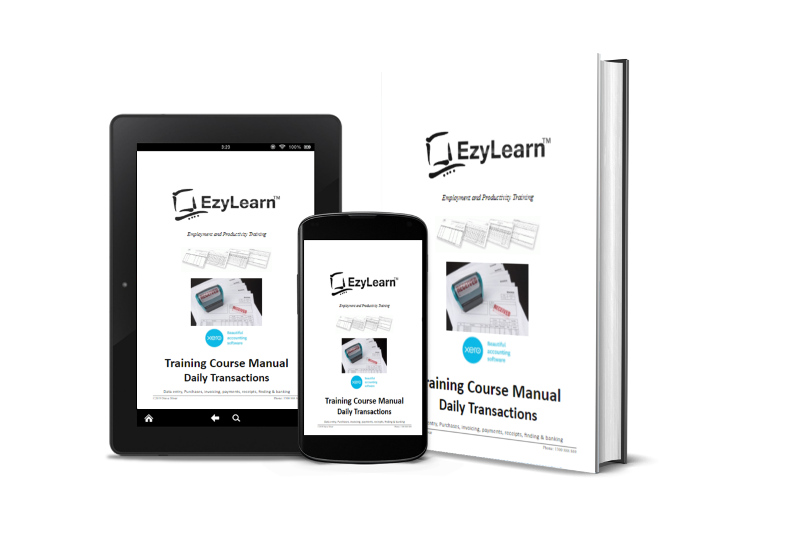What are landing pages?
 Landing pages are where someone lands after searching a search engine like Google using relevant keywords to find something they are looking for. Your landing pages are entry points to your website and if designed well will take visitors on a journey through your business – or your business story – and ultimately turn them into customers and advocates.
Landing pages are where someone lands after searching a search engine like Google using relevant keywords to find something they are looking for. Your landing pages are entry points to your website and if designed well will take visitors on a journey through your business – or your business story – and ultimately turn them into customers and advocates.
Landing pages (also called Landers or lead capture pages) are designed to convert an anonymous website visitor into a real person, someone you now have the details for and can continue to send your messages to.
[box type=”info” style=”rounded” border=”full”]Optimisation is really just the tweaking of the contents of a webpage to increase the number of conversions.[/box]
There are several goals of the landing page, but the most realistic goal is to ensure that people engage with you further and this can happen by getting visitors to go to another MORE relevant page or by capturing their details in a form (like we offer at the end of this page!)
Search Engine Optimisation (SEO)
SEO is something that happens on your website so no one can really do it for you unless they have admin or publisher access to WordPress (the content management system of choice for most small businesses). A digital marketing manager will want to establish the relevant keywords for a business fairly early and then focus on tweaking (or optimising) the webpages, blog categories and tags etc to make it more relevant to search engines.
A blog is a very powerful tool to perform SEO and WordPress is the world leading software which enables small business owners to manage their own website contents while making the website look very professional.
Goal of a landing page is Call-To-Action (CTA)
The most common goal of a landing page is a lead capture form, but when you understand Google analytics you’ll see that the major goal at this first point of contact is actually to ensure that your website visitors don’t just bounce right on out of your website as quickly as they came to discover it. You’re call to action might be to read another blog post or connect with you on social media or request a quotation.
 Many website owners put links on their website to other parts of their site that contain more detailed information, just like we are doing with the other important words to understand about content marketing.
Many website owners put links on their website to other parts of their site that contain more detailed information, just like we are doing with the other important words to understand about content marketing.
That’s why WordPress and Google Analytics are such important tools for small business owners who want to succeed in online marketing (particularly content marketing). These tools enable you to change your content regularly, add new content and constantly review the analytic data of people visiting these pages.
Training about landing pages and content marketing is included in the Digital & Social Media Marketing Training Course
Conversion Rate Optimisation
Watch your Analytics for a month or quarter and you’ll start to see patterns and the most important pattern is to understand the journey that a paying customer takes to use your services. There is a total number of visitors, fewer people subscribe to newsletters and request information or a quote and fewer again who’ll use your services and pay you but with good planning you’ll know exactly what the ratios at your website are. When you do you’ll be able to give your prospects more of what they need and want to choose your business as their supplier.
This process is called CRO or Conversion Rate Optimisation.
 Marketing Courses Available Separately
Marketing Courses Available Separately
Do you only want to do one of the marketing courses we offer and not all of them combined for a cheaper price? Visit our Marketing Academy and enrol only into the courses you need. The Marketing Academy Short Course Enrolment option provides you with targeted learning for a low cost and can also be used to earn Continuing Professional Development (CPD) points if you are a real estate agent, bookkeeper or accountant.
Visit the Marketing Academy


 We work remotely from home and we’d like to help you.
We work remotely from home and we’d like to help you.